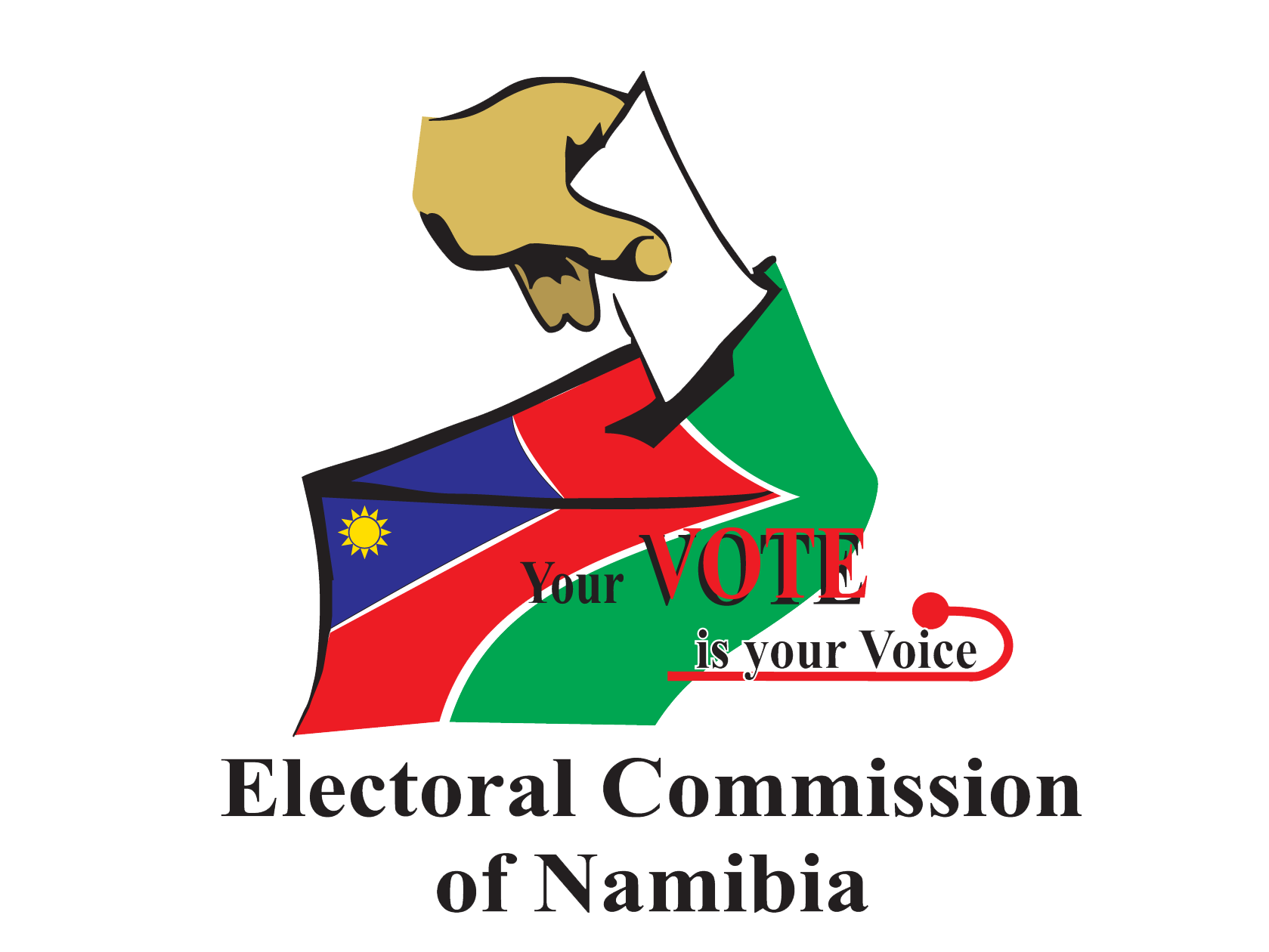National Voter Education Policy
“Democracy cannot succeed unless those who express their choice are prepared to choose wisely, the real safeguard of democracies, therefore education” Franklin D. Roosevelt.
Background
- 1st elections in independent Namibia were conducted in 1992
- Electoral Act, 1992 (Act No. 6 of 1992)
- Voter turn-out in National and Presidential elections are traditionally high since independence.
- Regional and Local Authorities being lower
- 1992 voter education was conducted by the ECN complemented by NGOs.
- Similar approaches were followed prior to the National and Presidential elections in 1994 and 1999 and Regional and Local Authorities in 1998.
- In 2004, National Assembly, Presidential, Regional and Local Authorities elections voter education efforts in the run-up to these elections were formalized through an Election Support Consortium (ESC)
- The ESC, unfortunately, did not survive long due to the unavailability of funding.
- Leaving mainly the ECN to conduct voter education especially prior to the 2009 National
- Assembly and Presidential and the 2010 Regional and Local Authorities elections.
- For any election to be successful and democratic, voters must understand their rights, responsibilities, sufficiently knowledgeable, well-informed and participate meaning full in the entire electoral process.
- Electoral Amendment Act, No.7 of 2009, empowered the ECN to accredit voter educators.
- Stakeholders consultations
Policy Objectives
- To ensure that eligible citizens know how to participate in electoral process in Namibia
- To enhance the capacity of partners to jointly with the ECN, respond to voter education needs
in an effective and sustainable manner and - To standardise voter education messages
- To ensure that the electorate is universally
informed - To regulate voter education partners to ensure
adherence to qualitative standards.
Current Legal and Regulatory Environment
- Voter education is legally one of the duties and functions of the ECN
- Section 49 of the Electoral Act, 2014 (Act No.5 of 2014
- Provides that the Commission shall in particular supervise, direct, control and promote voter education in respect of elections
- By the ECN or by way of accrediting persons ororganisations (other than registered political party)
- Section 51 (1) of the Electoral Act of 2014, subject tosection 54, provides for the accreditation of anynatural or juristic person to provide voter and civic
- In the interest of deepening democracy, enhancing participation and encouraging informed choice, civic and voter education should be given priority in the SADC region.
IMPLEMENTATION STRATEGIES
- Factors: social, cultural, and economy must be taken into account when educating the electorate on electoral matters
- Ethnic composition of the country: language, values, beliefs, norms and level of education in the different population group
- Engage CSOs working with persons with disabilities to conduct disability relevant voter education programs.
Principles underlying the policy
- Accreditation of persons providing voter education, section 51 of the Electoral Act
- Codes governing persons accredited
- Contravention of or failures to comply with conditions of accreditations or code.
- Voter education by political parties.
Accreditation regulatory framework
- Application for accreditation to provide voter education
- Certificate of accreditation
- Breach of conditions or code
Monitoring and Evaluation
- Monitored monthly
- Evaluated annually
- Logical Framework Matrix
- REGULAR REVIEW
Thank you
An educated voter is our democracy’s best citizen.













